In a last-minute effort to reclaim his position, Rigathi Gachagua has filed a court motion to prevent President William Ruto from nominating a successor for the Deputy President role.
Through his senior counsel Paul Muite, Rigathi asserts that the charges brought against him in the National Assembly and subsequently in the Senate are unfounded.
He contends that the Senate was legally obligated to act as an impartial adjudicator in determining whether the charges presented were substantiated.
He argues that the evidence used as the basis for his impeachment was inadequate, rendering the process flawed.
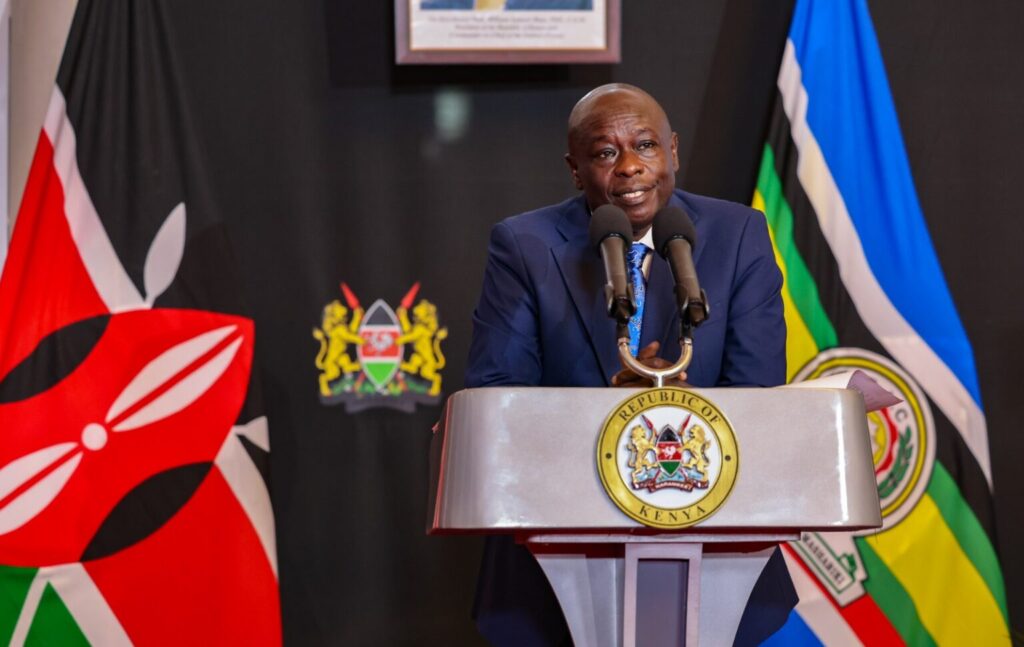
This situation, he claims, contradicts the standards established by the Court of Appeal in the Martin Wambora case, which determined that impeachment allegations must be serious, substantial, and weighty, with charges disclosing a gross violation of the law, which the Deputy President maintains did not occur.
“Unfounded and false allegations have been made against me in the impeachment motion before both houses. ” “It is in the interest of justice that such false information be corrected in accordance with the provisions of Article 35 of the Constitution,” reads part of his documents.
At least 53 out of 66 senators voted on Thursday night to uphold the charges leveled against him by the National Assembly last week.
The impeachment motion was introduced by Kibwezi MP Mwengi Mutuse and subsequently moved to the Senate.
Gachagua, who remains hospitalized, is now seeking an order to prevent the Senate from gazetting its resolution that upheld the impeachment charges.
He is also seeking an order to block the National Assembly from vetting and approving the nomination of an individual submitted by the President to fill the vacancy in the office of the Deputy President.
“It would be prejudicial to my client to allow the respondents to gazette his removal by impeachment in a manner contrary to basic constitutional provisions before this petition is heard and determined,” states Muite.
The respondents include the Speaker of the National Assembly, the Senate Assembly, the Speaker of the Senate, the Senate, and the Attorney General.

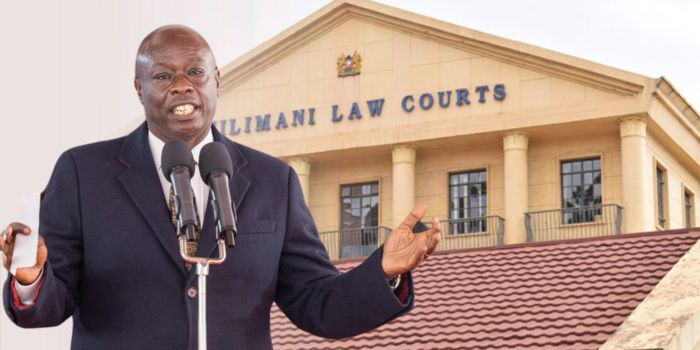
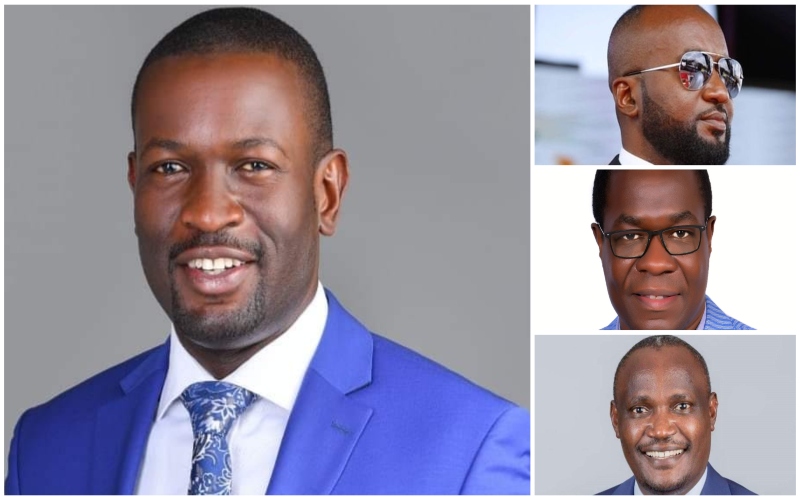

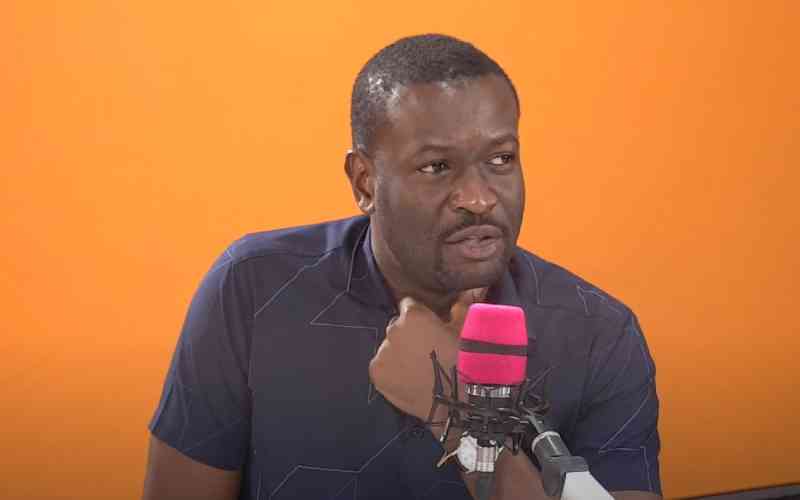
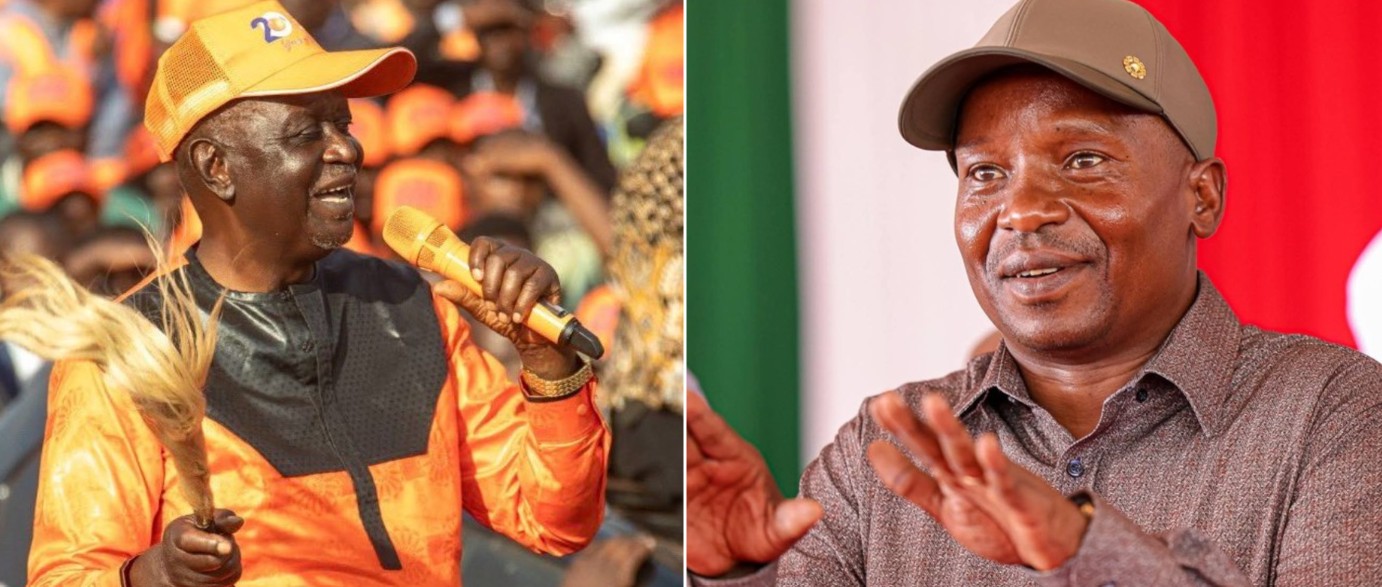
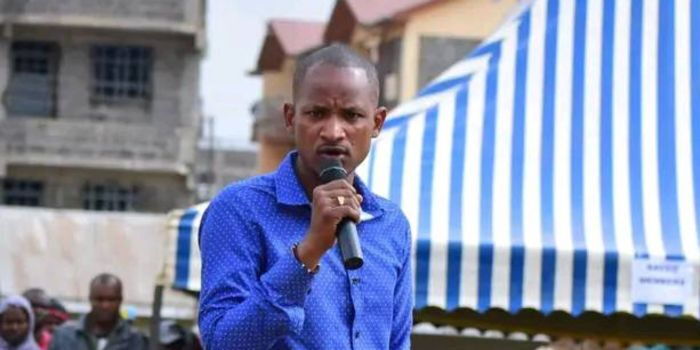
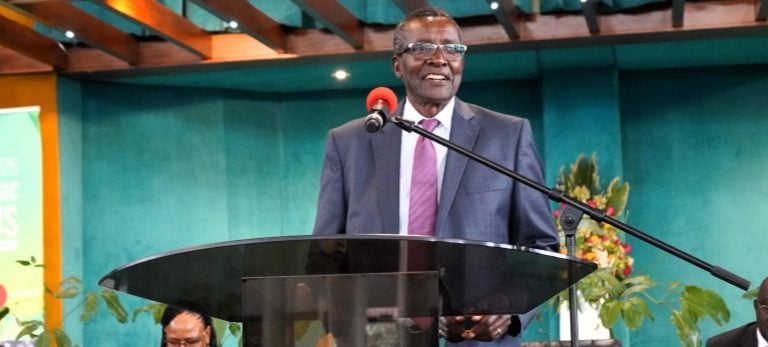
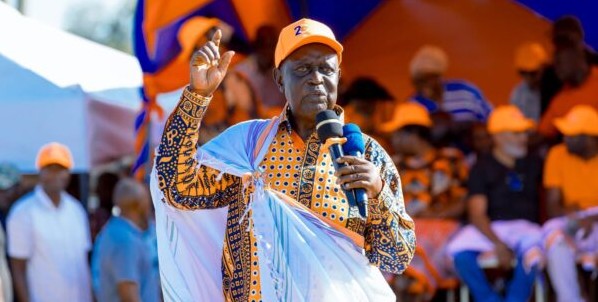
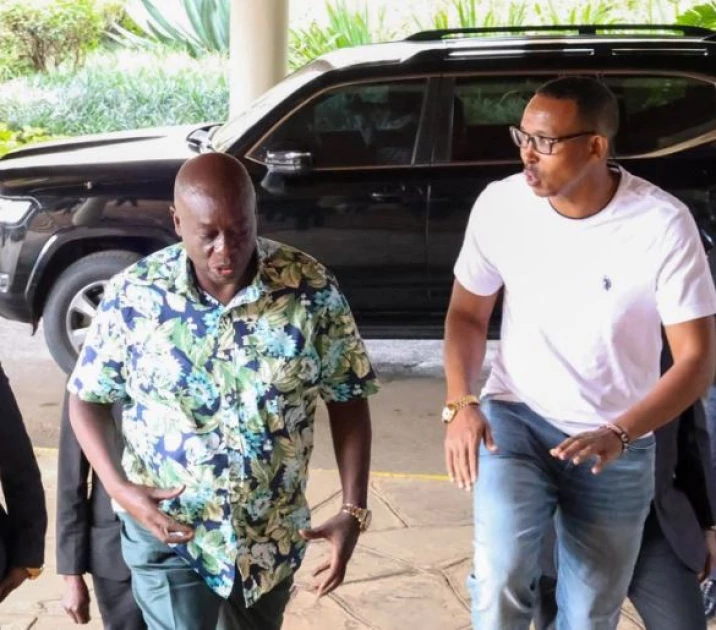
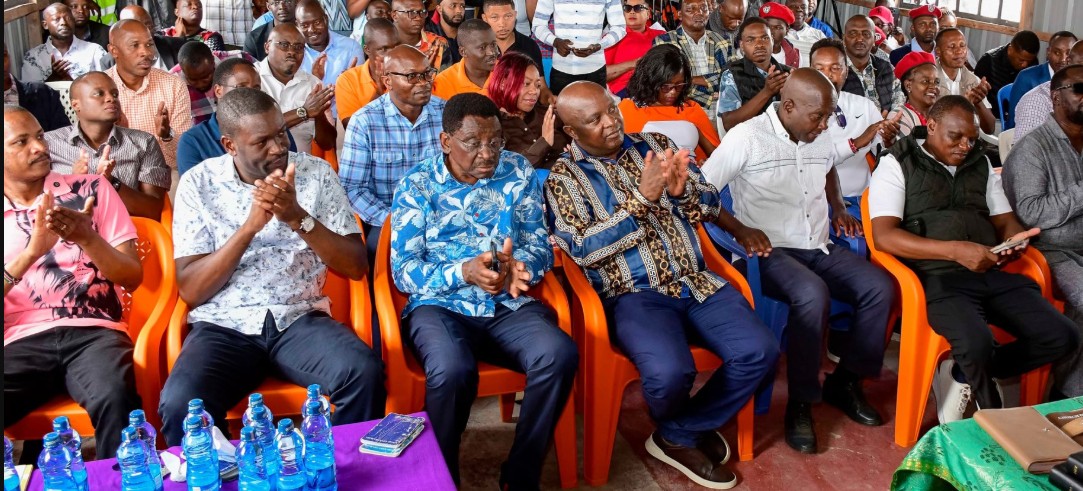
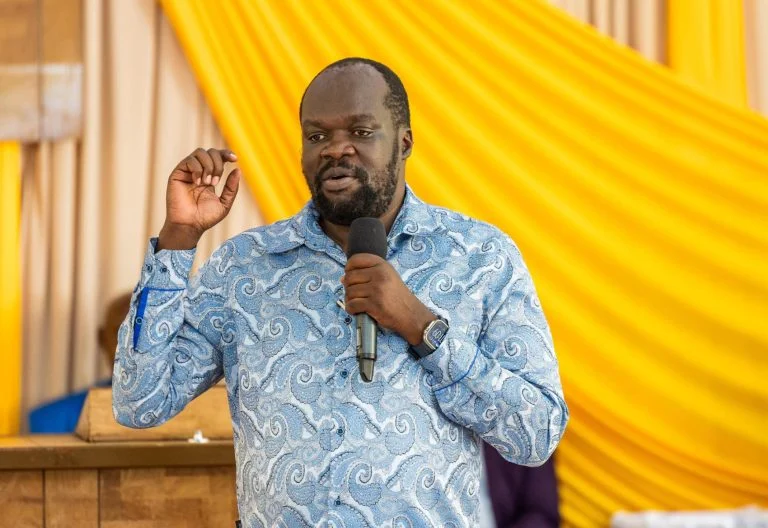

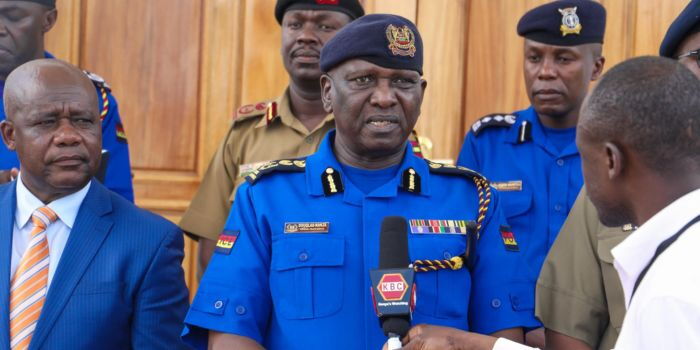

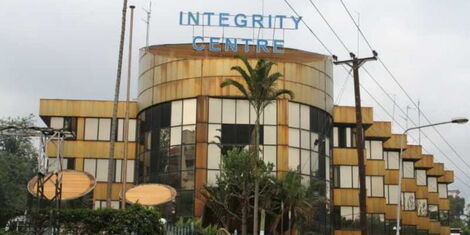
Leave a Reply